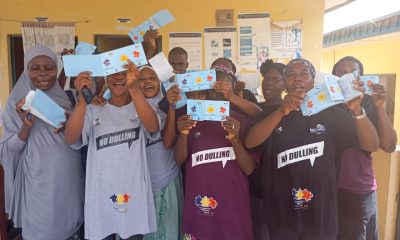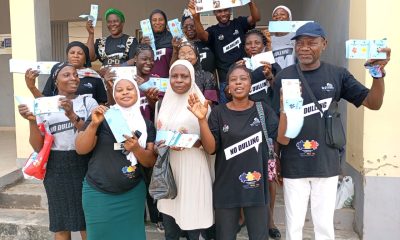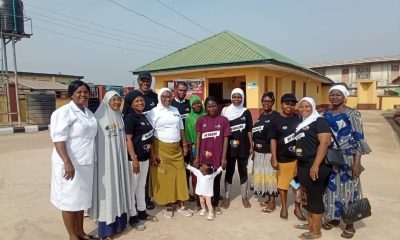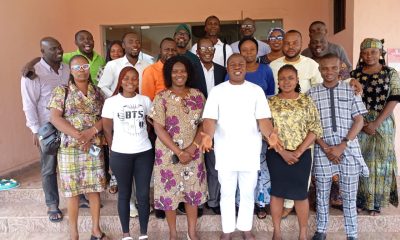Health
World Contraception Day: TCI Advocates Easy Access To Family Planning In Nigeria
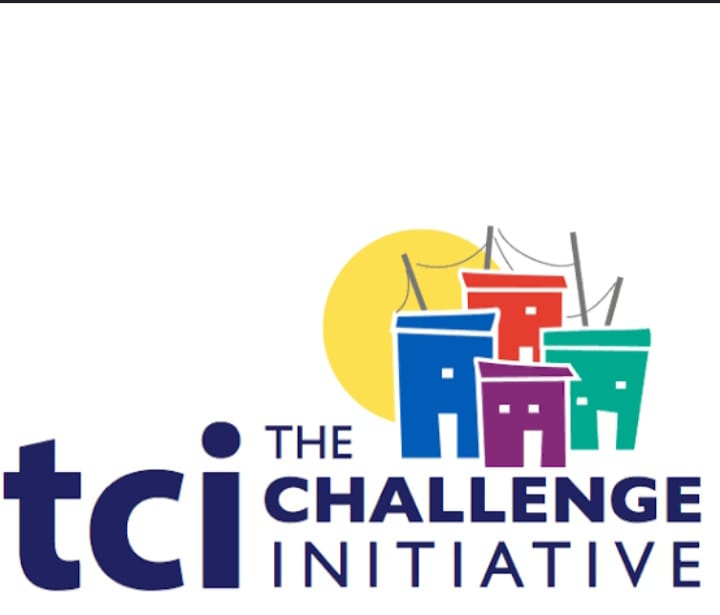
In commemoration of World Contraception Day (WCD) on Thursday, September 26th, health experts in Nigeria, including Prof. Josiah Mutihir of Jos University Teaching Hospital (JUTH), have called attention to the critical role of contraception in empowering individuals to take control of their reproductive health.
At a Webinar hosted by Development Communications Network (DevComs) with support from The Challenge Initiative (TCI, Nigeria), titled Breaking Barriers: Advancing Access to Family Planning in Resource-Limited Settings, the experts emphasized the need for Nigeria to address unbridled procreation that has led the country and its citizens to varied hardships over the years.
Despite years of global celebrations aimed at raising awareness, Nigeria continues to face significant barriers in family planning.
Mutihir, along with other leading health professionals, at the Webinar emphasises that expanding access to contraception is key to improving health outcomes, reducing maternal mortality, and ensuring young Nigerians can make informed decisions about their reproductive futures.
This year’s theme, “The Power of Options: Empowering Choice, Enhancing Health”, highlights the importance of diverse contraceptive choices, especially in resource-limited settings like Nigeria, where cultural, economic, and logistical challenges continue to hinder access to essential reproductive health services, he said.
The Power of Options: Empowering Individuals through Choice
World Contraception Day serves as a platform for sensitizing the public on contraception—what it is, its benefits, and how individuals can access it.
While awareness levels are high, with over 90% of both men and women in Nigeria knowledgeable about contraception, the usage rate remains alarmingly low at just 17%. Furthermore, Nigeria continues to grapple with an unmet need for contraception at 24.8%, revealing a gap between knowledge and access to effective family planning methods.
Mutihir emphasises that options create choices, and choices are key to empowering individuals to plan their families and futures. From natural family planning methods to hormonal contraceptives, intrauterine devices, and permanent solutions, various contraceptive options exist, but access remains a pressing issue, particularly in underserved areas of Nigeria.
Nigeria’s Contraceptive Prevalence Rate (CPR) has shown minimal improvement over the years despite the significant resources invested by organisations and projects. Mutihir points out several barriers preventing widespread contraceptive use, including:
Poor funding from national, state, and local government authorities.
Commodity stock-outs and limited availability of contraceptive methods.
Untrained healthcare providers and biases in service provision.
Inadequate facilities and poor access to contraceptive services, especially in rural areas.
Cultural, religious, and political influences, further complicate efforts to promote contraception.
Additionally, widespread myths and misconceptions, concerns over future fertility, and the fear of side effects deter many young Nigerians from embracing modern contraceptives. These barriers are further exacerbated by spousal disagreement, poverty, and the influence of religious and cultural leaders. During the discussion, Lovina Emole, a participant from Akwa Ibom emphasised the significant challenge posed by limited government funding for reproductive health programs.
Breaking Barriers: A Call to Action
As we celebrate World Contraception Day 2024, Mutihir calls for a collective effort to break the barriers to contraceptive access in Nigeria. He emphasizes the following areas of focus:
Government action at all levels is needed to ensure adequate funding, the distribution of commodities, and the training of healthcare providers.
Role of leaders – Ethnic, religious, cultural, and community leaders must advocate for the importance of family planning and educate their communities.
Sustained advocacy – The media, professional bodies, and NGOs must continue pushing for policies that promote access to contraception and challenge societal norms that hinder family planning.
Private sector involvement in expanding access to affordable contraceptives, particularly in resource-limited settings.
Lovina Victor Ibiok, Akwa Ibom Health Promotion Officer, advocates educating religious leaders on family planning to dispel misconceptions. “Many believers view contraceptives as immoral, by empowering leaders as influencers, they can promote informed decision-making and encourage followers to adopt family planning methods, improving overall health and well-being,” she said.
Mrs Patricia Osazuwa Edo State, Director of Nursing Services said “Comprehensive education on reproductive health and informed decision-making is essential for empowering young people”.
Isaac Adamu from Plateau emphasised the importance of male involvement in reproductive health decisions, suggesting that Family Planning Champions can be crucial in influencing informed choices.
-

 Opinion4 days ago
Opinion4 days agoDon’t Pull the Plug: Why Nigerians Are Pleading for the U.S. to Extend Its Police Training Program — and Why It Must Synergize With New Military Arrivals
-

 Crime4 days ago
Crime4 days agoVigilante Reportedly Shoots Colleague Dead In Plateau
-

 News3 days ago
News3 days agoRamadan: Osun Cleric Urges Compassion Among Muslims As Asejere Distributes Relief Materials To 537 Beneficiaries
-

 Crime5 days ago
Crime5 days agoMan Shot Dead In Ambush Along Jol-Sho Road In Plateau


